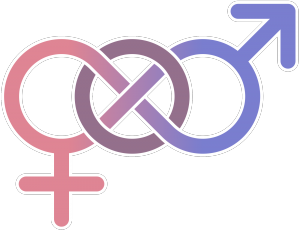Gender Names: How to Avoid NYCHRL Violations

Gender names are an important part of identification. The NYC Human Rights Law (NYCHRL) requires employers to use employees’ preferred gender names, pronouns and titles regardless of the employees’ sex from birth. Preferred names should also be used regardless of employees’:
- – anatomy
- – gender
- – medical history
- – appearance
- – sex on identification
Many people use male or female pronouns and titles. Some transgender people prefer to use pronouns other than gender identifying pronouns. Gender identifying pronouns include:
- – she
- – her
- – hers
- – he
- – him
- – his
Transgender people may choose to use gender neutral pronouns like they/them/their instead. Additionally, many transgender people like to use a different name than the one they were given at birth.
Employers need to understand gender names in order to promote equality and act in accordance with the Law. This article will explore people’s right to use preferred gender names. It will also discuss violations against this right.
The Right to a Preferred Gender Name

Everyone has the right to use a preferred name according to the NYCHRL. They have this right regardless of whether they had a court-ordered name change or have identification in that name. Federal, state or local law requirements are the only exceptions to this right. These laws may require a specific name for employment verification with the government. It is important to note that asking someone their preferred gender name is not a violation of the Law.
Examples of Violations
Employers need to be aware of potential violations of the Law in order to avoid legal issues and to create a fair working environment. They cannot refuse to use a person’s preferred name pronoun or title. Employers cannot refuse to use a person’s preferred name because they do not match gender stereotypes neither. Furthermore, it is against the law to ask an employee to provide medical information in order to use their preferred name.
Employers can avoid violations of the Law by asking employees what their preferred gender pronoun is. Employers will also avoid singling people out by asking everyone. They can also change their systems so that people can self-identify their names. Finally, employers should not limit options for male and female only.
